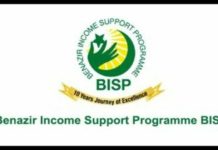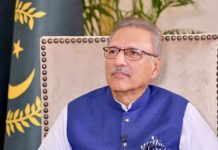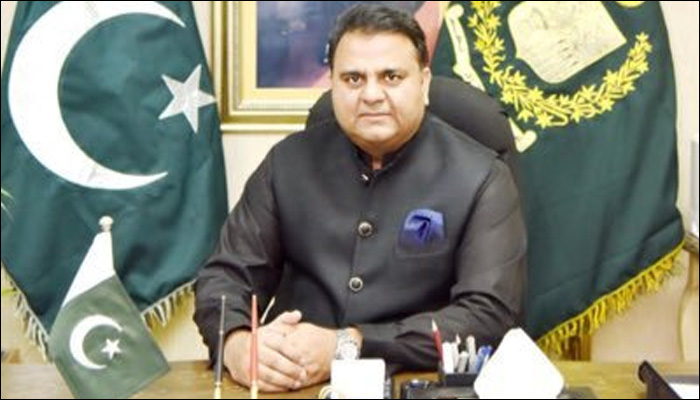Pakistan needs to focus on reducing maternal mortality and caring for the newborn, and for these setting up of this advisory group is extremely important as through this we can get more involved with research work, learn by drawing a comparison with other countries, and make a set of recommendations to the policy makers.
This was stated by Dr. Palitha Mahipala, WHO Representative in Pakistan, while speaking at the Inception Meeting of Technical Advisory & Accountability Group on Maternal Newborn Child Health (MNCH) and Family Planning (FP), organized by Health Services Academy in collaboration with World Health Organization and Forum for Safe Motherhood (White Ribbon Alliance Pakistan Chapter).
In his opening remarks Dr. Shahzad Ali Khan, Vice Chancellor, Health Services Academy, highlighted the need of working together for improving the country’s MNCH and FP status.
Talking about the purpose and objectives of the group, Dr. Amanullah, CEO Forum for Safe Motherhood, stressed on the importance of joining voices and making maternal and newborn health a shared objective. He highlighted the group’s role in terms of providing support to the government for accelerating progress towards the national MNCH & FP targets as well as its international commitments.
Speaking on the occasion, Dr. Sabina Durrani, DG Population Planning Wing, Ministry of National Health Services Regulation and Coordination also highlighted that for the government the future roadmap was about taking Reproductive, Maternal, Newborn and Child Health (RMNCH) together along with Family Planning, and not focusing on the two individually and separately.
The meeting witnessed a healthy debate among the members about the composition and role of the group. Establishment of provincial chapters of the group, development of its linkages with other similar forums, and keeping it multi-sectoral in nature so that MNCH and FP are viewed holistically, were some of the key recommendations that came forward during the meeting.
The meeting was attended by senior officials from the national and provincial population welfare and health departments, development partners working on MNCH & FP in the country, members of the academia and public health experts.











